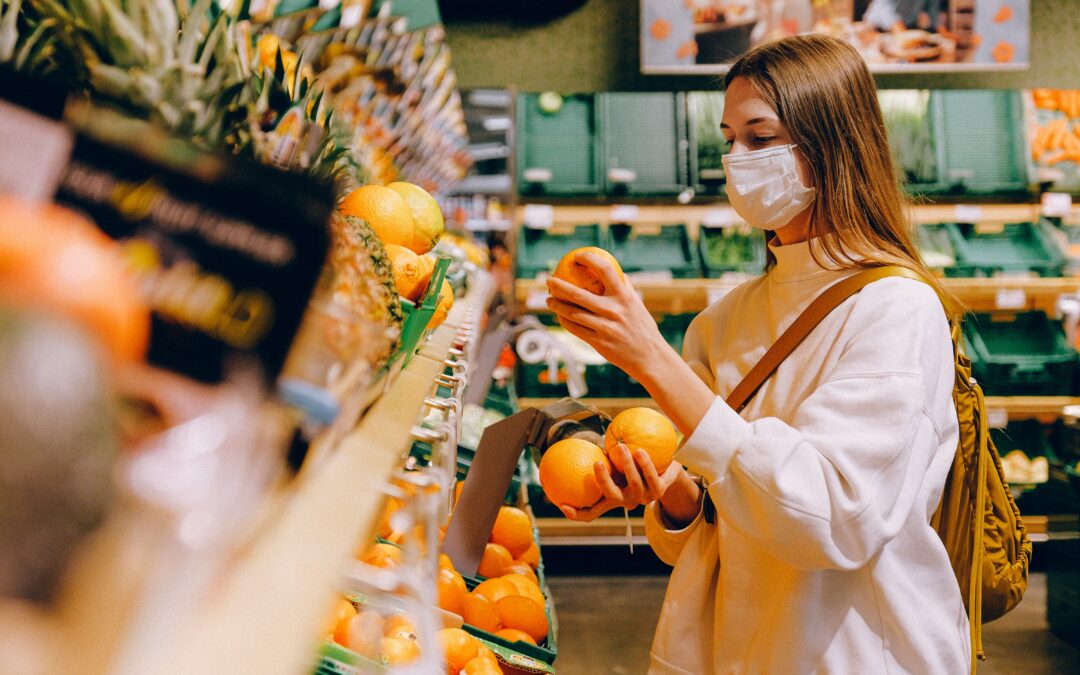A new study by Wageningen Food & Biobased Research has shown that a quarter of Dutch households waste less food during the corona crisis compared to before. They conducted this research in collaboration with the Dutch center for nutrition, het Voedingscentrum. The main things that are thrown away less are fresh fruits and vegetables, but “leftovers” are also eaten more often.
In an online questionnaire people answered questions about food waste in households during the corona crisis. For example, have people started wasting more or less food at home? And did we go grocery shopping more often than usual? A total of 1,500 people completed the online questionnaire.
One of the main results of the study is that 26% of people wasted less food during lockdown. In addition, 20% are also more aware of their own food waste. People also worked more systematically when cooking, buying and storing products, for example by making grocery lists.
Better planning
The research shows that the main reason for the reduced food waste is that people plan the use of their groceries better. Because people preferred to shop less often during the corona crisis, they planned ahead better. In addition, because there were fewer spontaneous dinners at restaurants, people also planned their grocery tips more carefully.
#verspillingsvrij – #wastefree
In recent years, Dutch households have become increasingly better when it comes to reducing food waste. For example, in 2019 people wasted almost 7 kilos less than in 2016, resulting in a wastage of 34.3 kilos per person. The foundation Samen Tegen Voedselverspilling aims to have food waste reduced by half by 2030. Het Voedingscentrum and the Wageningen University & Research are also aiming for this goal.
Curious about the rest of the research?
Read more here!
Source text: Voedingscentrum
Image: Pexels

